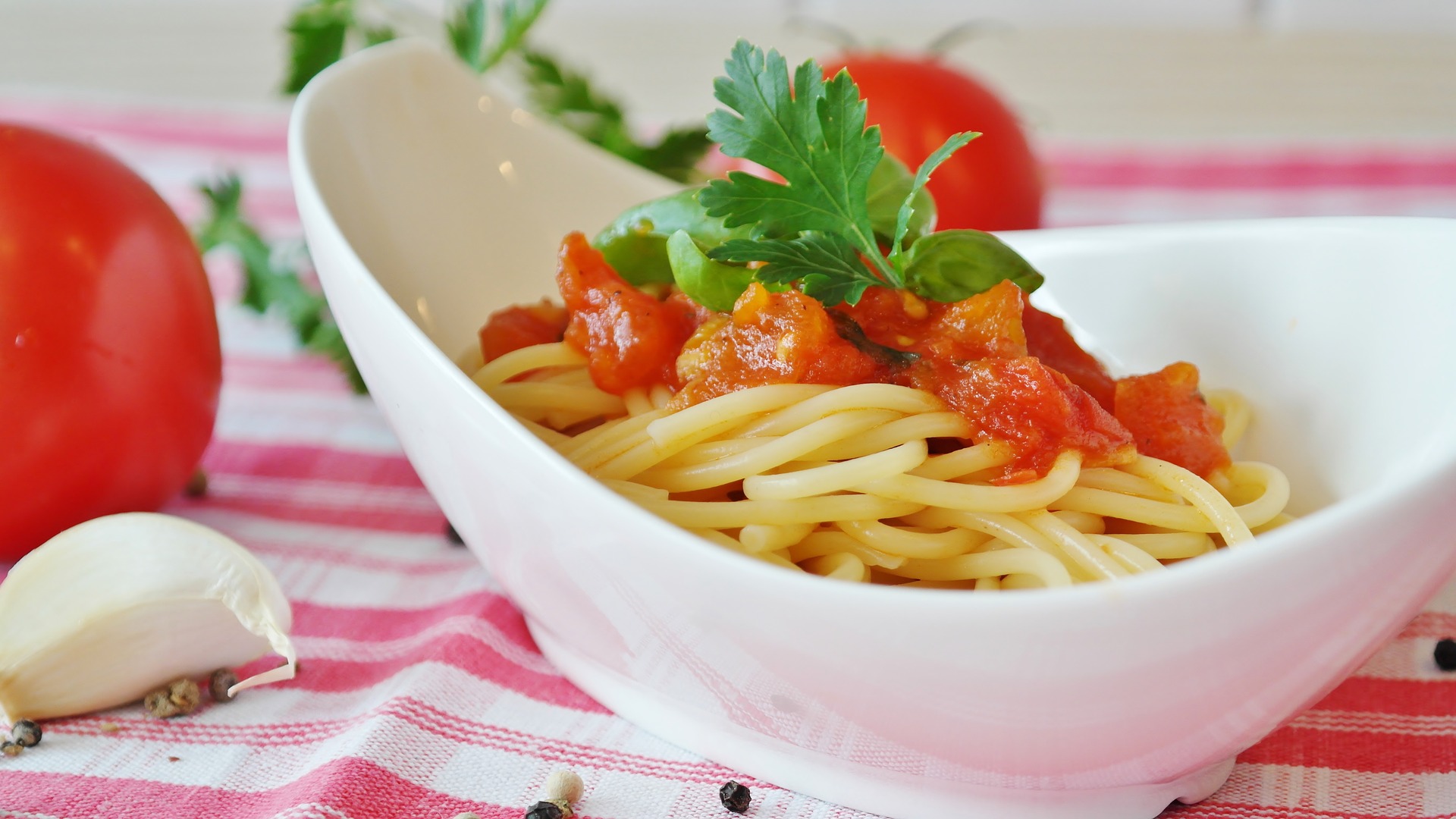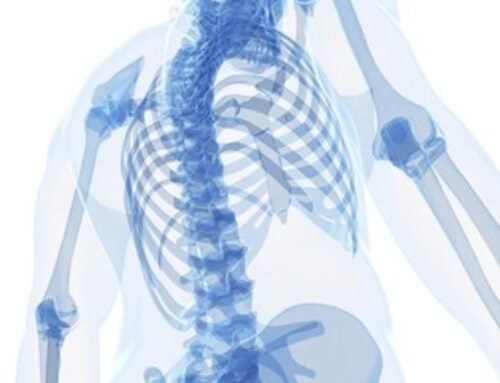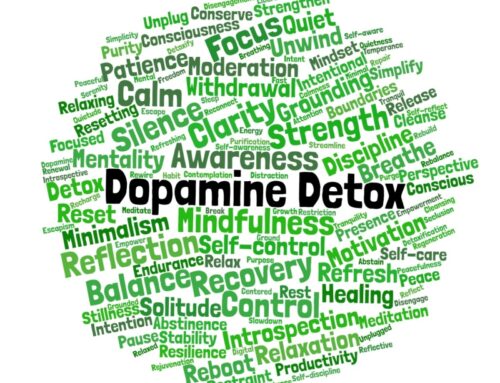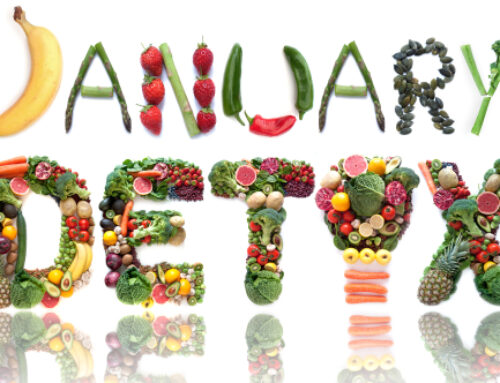In today’s low-carb/no-carb world, is there still a place for carb loading before your next game or race? As much as I would love to give you one specific rule that everyone should follow, nutrition is just not that simple. In this article we will give some guidelines to follow for those trying to figure out where carb intake and athletic training cross paths.
Insulin Sensitivity
People define low-carb and no-carb very differently. Old nutrition guidelines listed low carb as a carb intake under 300 grams/day, while Atkins defines low carb as less than 20 grams per day. A review of the current literature defines low carb as follows:
- Ketogenic (very low carb): less than 50g of carbs/day, less than 10% of daily caloric intake.
- Low Carb: 50-130g of carbs/day, 10-26% of daily caloric intake.
- Moderate Carb: 130-225g of carbs/day, 26-45% of daily caloric intake.
A low-carb diet can lead to one becoming insulin sensitive. Optimal athletic performance requires insulin sensitivity. That means that one is able to consume, absorb, and burn carbohydrates quickly and efficiently. Those who are insulin sensitive are not prone to store carbohydrates as fat. Insulin sensitivity is essential for top athletic performance, muscle gain, and fast recovery from injury.
If you are overweight and starting to exercise, your first goal should be to become insulin sensitive. Aiming for a low-carb range during training days will help the body become more insulin sensitive. Weight loss may be slow initially as you become more insulin sensitive but, in time, weight loss and muscle gain will increase. Those who are overweight or trying to adhere to a low-carb or ketogenic diet will become insulin sensitive faster, but need to be aware of their blood sugar dropping to dangerous levels during exercise, as their body often struggles to burn carbs as fuel.
Game/Race Week
In the days leading up to your big game/race, pre-game meals are very important. The number one thing to remember during this week is to eat real food. Do not waste energy trying to digest and assimilate processed, fried, or otherwise man-made foods. Try eating slow cooked and steamed foods, as they are the easiest for the body absorb and use. Be careful of the number of raw fruits and vegetables that you consume, as it requires large amounts of energy to break these foods down and may leave you with a net energy deficit.
This is not the week to attempt to lose a few extra pounds. Weight loss can often leave you sluggish and be stressful on the body. Lose the weight in the weeks leading up to the big game/race but, during race week, eat plentiful amounts of real food.
Game/Race Day
What to eat right before your event is drastically dependent upon the length of the event and your overall body composition. For short events under 30 minutes, like a 5k race, a minimal amount of food is needed for most athletes. An overweight athlete, who is not insulin sensitive, may need to consume some food to prevent a low-blood-sugar episode. Other leaner athletes may do well without any food if their short event is early enough in the day.
When the event is more than three hours after you wake and/or longer than 30 minutes in duration, food becomes much more important. A strong breakfast of a combination of protein and complex carbohydrates can be helpful. A protein shake, scrambled eggs, a baked sweet potato, quinoa, nuts, an avocado, or peanut butter are all great choices. Each of these foods are insulin stabilizing while providing enough caloric load to get you through most events.
Some people may need to consume calories during their game/race to keep their energy levels high. I always recommend that you get these calories from real food when possible and avoid the high-carbohydrate or sugary drinks. These drinks will spike your insulin, giving you a short burst of energy followed by a quick dive into lethargy and brain fog.
Carb Loading
The days of a spaghetti dinner the night before the big game/race are long gone. This does not mean that carbohydrates have to be off of the menu, though. For the leaner athlete who is training at a high energy output, carbs are essential for a long and healthy season. These carbohydrates should never be processed carbs. Processed carbs are “junk” carbs:
- They are nutritionally empty, but packed with calories.
- They contain no useful fiber and spike insulin levels.
- They trigger food cravings, leading to weight gain, fatigue, and lower athletic performance.
So what carbs can we load up on? Eat real food, especially green vegetables and dark-colored fruits. For the lean athlete, try to intake the majority of your fruit post-workout as they can be a great source of glycogen restoration and aiding in muscle gain. Even fruit juices like pineapple and pomegranate can be taken in with a high-quality protein shake within 30 minutes of the workout. This should only be done by those trying to gain muscle (weight) and not for those still trying to lose fat (weight).
Be Intentional
Just as you prepare hard physically for your next game/race, prepare hard nutritionally. Be intentional about what you’re consuming and what your goals are. Do not leave one of the most important parts of your training up to chance.

Daryl C. Rich, D.C., C.S.C.S.






